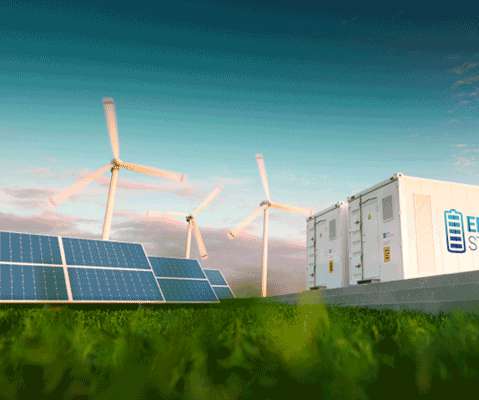Tsinghua team develops zinc-air fuel cell stack with high power density
Green Car Congress
DECEMBER 29, 2013
Researchers at Tsinghua University have developed a high-power-density zinc-air fuel cell (ZAFC) stack using an inexpensive manganese dioxide (MnO 2 ) catalyst with potassium hydroxide (KOH) electrolyte. Many efforts are focused on batteries and fuel cells, which can be used for EVs propulsion and large-scale energy storage.












Let's personalize your content